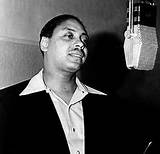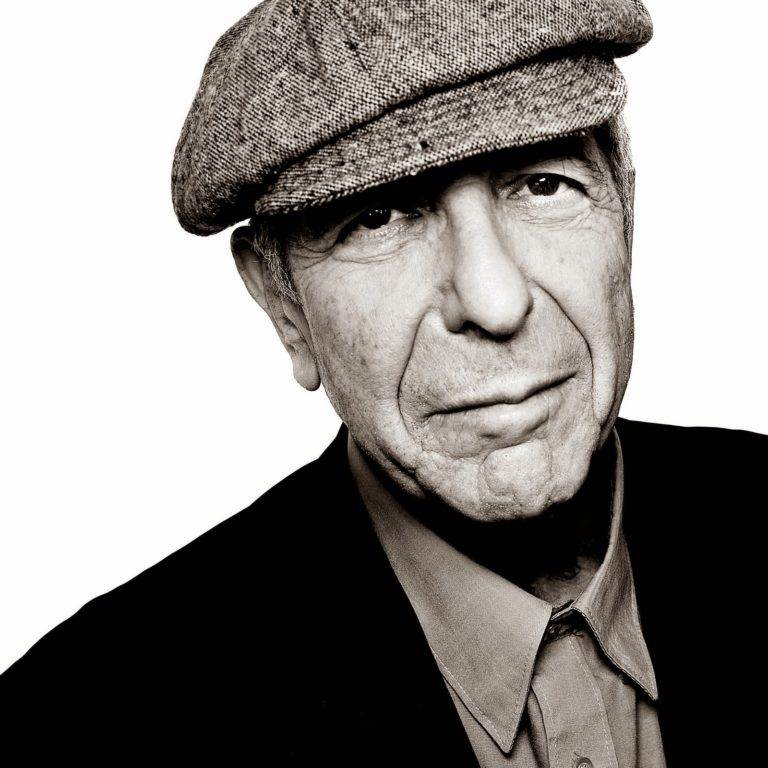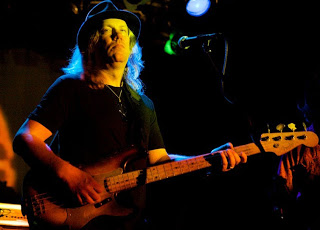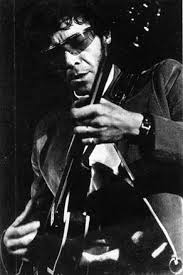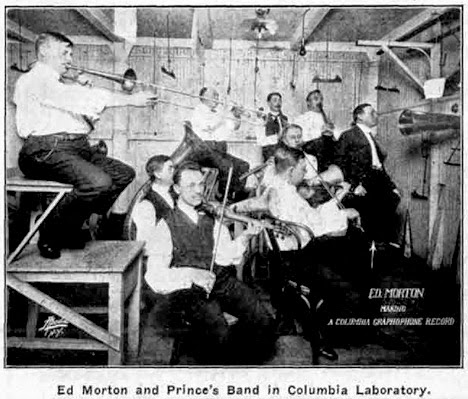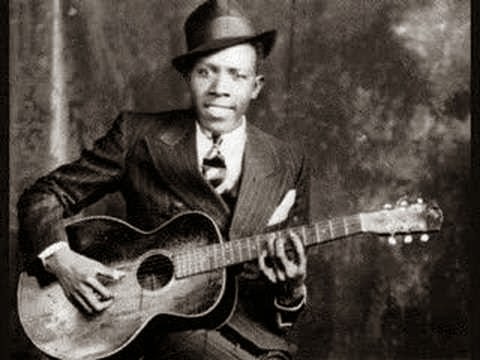 |
| The fabulous Cream. From left: Jack Bruce, Ginger Baker, Eric Clapton. |
UPDATED 17 August 2016
“Fascinating blogs :)” @Henleyguy1, Henley on Thames, England.
19 November 2014.
Two years ago, Jack Bruce died. Let’s have a look back at Jack.
If you ever listened to my ‘How Blues Evolved’ broadcasts on Code Zero Radio a couple of years ago, you’ll know I played a number of tracks by the influential British blues-rock band, Cream. This was the band, in my opinion, long before Sabbath, that started off heavy metal as a musical genre.
One of the stalwarts of this incredible band, Cream, which totally dominated the global rock scene in the mid-60s, was their incredible bass player, Jack Bruce. Playing Cream on radio reminded me just how phenomenal Cream were. Eric Clapton was at his youthful peak, many would agree, as an electric lead guitarist, playing explosive and mesmerising blues that really set the standard for those who guitarists who followed. Bruce’s thunderous bass wove in and out of Clapton’s guitar playing and created some of rock’s most memorable riffs. “Sunshine of Your Love”, composed by Bruce with the poet Pete Brown writing the lyrics, was just one of these game shifters.
You can imagine, then, still on a high induced by the Cream nostalgia of my radio broadcasts, how shocked I was to hear, two years ago, that Jack Bruce had died, basically at his allotted three score and ten years. He was 71 and had liver cancer. At least Jack would have lived to know that Roger Waters, Pink Floyd’s founding member and bass player, had recently described Jack as, “probably the most musically gifted bass player who’s ever been”. And who can argue with that?
 |
| Jack Bruce in his pomp |
Cream was put together in 1966 by the flame-haired, fiery-tempered Londoner, Ginger Baker, who considered himself, with some justification, the best drummer in the business. Ginger wanted Eric Clapton, who virtually everyone considered the best in the business, to play lead guitar. These were the days, remember, when “Clapton is God” was famously graffitied on
walls across the UK. Clapton, who had just left the Yardbirds for John Mayall’s Bluesbreakers (because he considered the Yardbirds too commercial), would only join Baker if Jack Bruce could play bass.
If Ginger had refused to let Jack join, there would have been no Cream. Baker and Bruce simply didn’t get on. They had history. The bassist and drummer had played together in Alexis Korner’s Blues Incorporated (see my post on Alexis below, though it’s yet to be formatted).
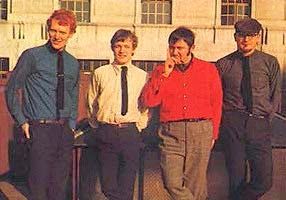 |
Early days. The Graham Bond Organisation. From left: Ginger Baker,
Jack Bruce, Graham Bond, Dick Heckstall-Smith |
Together, Baker and Bruce helped to found the influential British band, the Graham Bond Organisation. When Baker took it upon himself to sack Bruce, Jack kept turning up at rehearsals, until Baker pulled a knife on him. Bruce then joined John Mayall’s Bluesbreakers where he first teamed up with Clapton. John Mayall, incidentally, 81 this month, did a solo performance this weekend, on BBC TV’s political showcase, the Andrew Marr Show.
Without Bruce, Baker couldn’t get Clapton, so Baker grudgingly agreed to let Bruce join. They called the band Cream because they, or most likely Baker, considered themselves the cream of Britain’s rock music talent at that time. And that included the Beatles and the Stones.
“We lost Jack Bruce today, an incredible musician, writer and a good friend. Peace and love to all his family.”
Ringo Starr
With each member of Cream being a virtuoso talent in his own right, the band sold records by the million, took America by storm and became the most highly regarded band in the world for two frantic years. Based on
heavy power riffs, thunderous drumming and scintillating lead guitar, they introduced the world to blues icons like Robert Johnson and Willie Dixon; while laying down the template for heavy metal by creating a new genre of rock: blues rock.
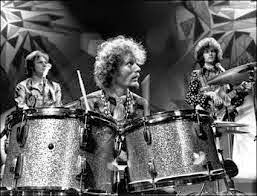 |
| Cream. No band in the world were bigger between 1966 and 1968 |
“So sad to hear of Jack Bruce passing. My biggest influence & favourite bass player. Thankyou, Jack. RIP.” Geezer Butler
“Very sad to hear of the passing of Jack Bruce, a major influence on music and an amazing bass player and singer. He was a hero to so many.” Tony Iommi
But the animosity between Baker and Bruce didn’t abate, and fuelled by booze and drugs, often burst into furious fistfights back stage which, it’s said, reduced Eric Clapton to tears. Even onstage, Baker and Bruce, couldn’t help themselves. Once annoyed with a Bruce solo, Baker stuck the bassist on the head with a thrown drumstick. Bruce responded by demolishing Baker and his drum kit with his double bass. At the end of 1968, the band weren’t just travelling in separate limousines, they were travelling to gigs in separate airplanes. The split, a month after release of their chart-topping double album, “Wheels of Fire”, was inevitable, even if “Wheels of Fire” became the first platinum-selling double album in history.
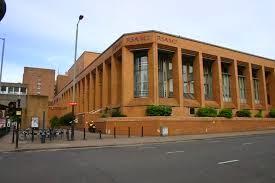 |
| Glasgow’s Royal Scottish Academy of Music and Drama. Jack won a scholarship there and was then expelled for playing in a jazz band |
However, Jack Bruce wasn’t your typical brawling, boozing bass player. By the age of 11, he had written a string quartet and subsequently won a scholarship to study cello and classical composition at the prestigious Royal Scottish Academy of Music and Drama in Glasgow. Born near Glasgow in 1943, John Symon Asher Bruce was then expelled after it came to light he had been playing bass professionally in a local jazz band. That just wasn’t on in those straight-laced and formal days.
Jack Bruce never reached the same musical heights after Cream disintegrated. I remember buying his first solo record, “Songs For A Tailor”, and being disappointed it wasn’t hard-driving rock, as per Cream.
“Oh man. Jack Bruce. Too much. Wow. Holy holy. I love that guy. One of great a kindness. End of an era.” Flea
However, despite a slagging down by Rolling Stone magazine, “Songs For A Tailor” did chart in the UK and USA, and featured some heavy guests, including George Harrison on guitar, playing under the name, L’Angelo Misterioso. That album showed me that hard-driving rock wasn’t Jack’s first love and his leanings were more towards jazz. Bruce then became involved
in projects such as Tony Williams Lifetime, a jazz-rock-fusion band, as it was
called, led by American jazz drummer, Tony Williams.
In 1972, Jack Bruce teamed up with man-mountain Leslie West, the guitarist
previously with American hard rock outfit, Mountain, and former Mountain
drummer, Corky Laing.
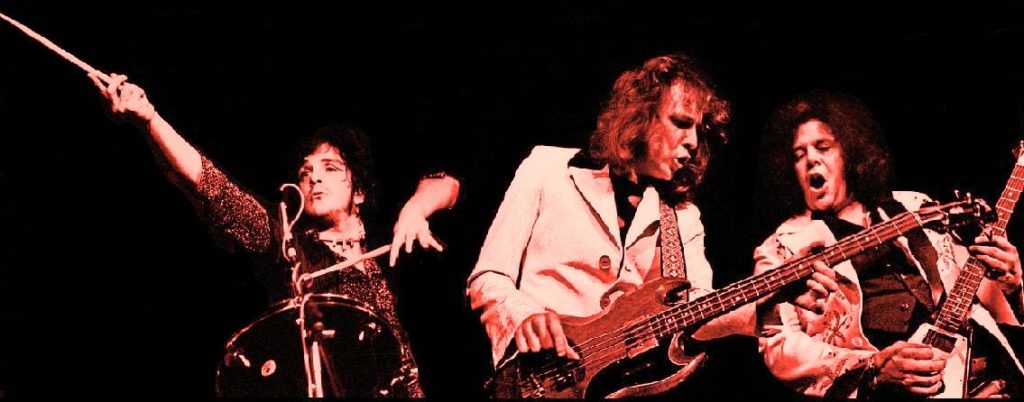 |
| West, Bruce and Laing. Jack flanked by Laing (left) and West. |
“It is with great sadness that one of the world’s greatest musicians and bass players, who I had the honor of playing with in West Bruce and Laing, Jack Bruce has died. I was hoping somehow that we might have gotten together one last time. Rest in Peace my friend.” Leslie West
They were called West, Bruce and Laing, and I had the privilege of promoting their album, “Why Don’t Ya” when working for CBS in London in 1972. Jack went on to play with so many celebrated musicians, including Ginger Baker again, that this post would look more like Jack Bruce’s Wikipedia page if I attempted to list them all.
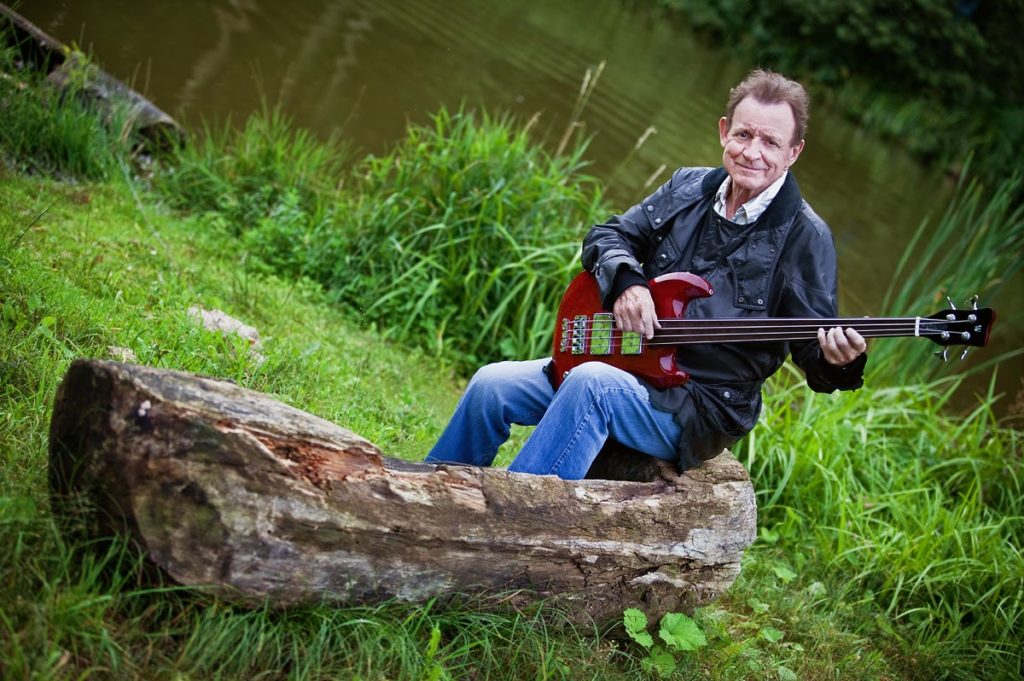 |
| Jack Bruce in 2011 |
Jack Bruce even worked again with his old sparring partner Ginger Baker, who told the Glasgow Evening Times, “We go back a long way, I called him Wee Jack. It’s a big loss to the world and I’m very sad. I found out yesterday when my daughter phoned me. My first reaction was that it was a hoax because I have been reported dead so many times myself, but then it became reality. It was quite a while since I last spoke to him but he was a one-off, his approach to music made him special. My feeling is with his wife Margrit and his kids.”
Eric Clapton posted, “He (Jack) was a great musician and composer, and a tremendous influence on me”, together with an acoustic piece Clapton composed in Jack’s honour.
Ginger Baker posted, “I am very sad to learn of the loss of a fine man, Jack Bruce … my thoughts and wishes are with his family at this difficult time.”







